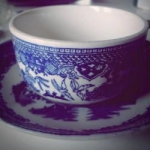In the evening there’s nothing quite like curling up on the sofa with your beverage of choice and popping on an episode of Antiques Roadshow. For many diehard fans, it doesn’t even matter which season is on since there’s valuable information and fun stories contained in each and every episode. After so many seasons on the air you might think you know the show in and out, but there are some surprising things about the show that even avid viewers don’t know. So without further ado here are 9 facts about Antiques Roadshow that might surprise you.
9) The PBS Version Wasn’t the Original
The American version is based on an English version produced by the BBC. The first in the series was debuted in the late 1970s as a special “experimental” documentary and became a regular series after that. The British version is still on the air as of this writing. The American series was first produced in Boston in 1996 for PBS and is also still recording and airing episodes today.
8) The Appraisers Don’t Get Paid
While the appraisers on Antiques Roadshow do get tons of exposure for themselves and the companies they may work for on the show, they don’t get paid money. They don’t even get travel expenses. But, they do get free breakfast and lunch on filming days. And, to be fair, it does look like a lot of fun to do these appraisals!
7) Each Guest Can Bring 2 Items to Be Appraised
If you watch the show it may seem like each person only has one item, but they are allowed to have 2 items appraised. A small collection of items can also be counted as one item for appraisal purposes, too. One could guess that this gives the appraisers and producers more choices of what they want to highlight for the show.
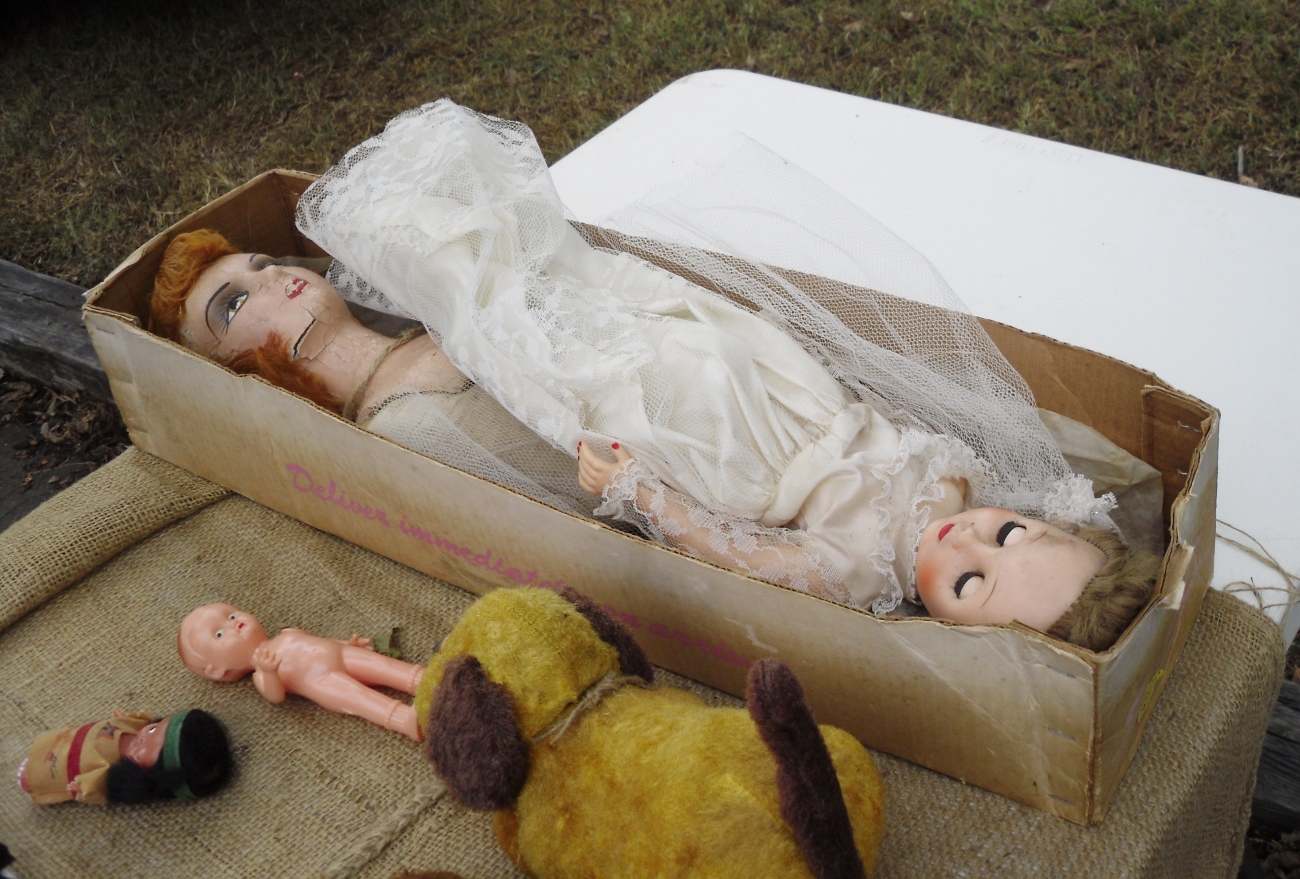
6) Tickets Are Pre-Selected
Tickets are handed out long before the filming ever takes place. Ticket selection is random and each ticket winner is issued 2 tickets. There are no tickets available the day of the event, with each ticket having been emailed 3 weeks prior to filming.
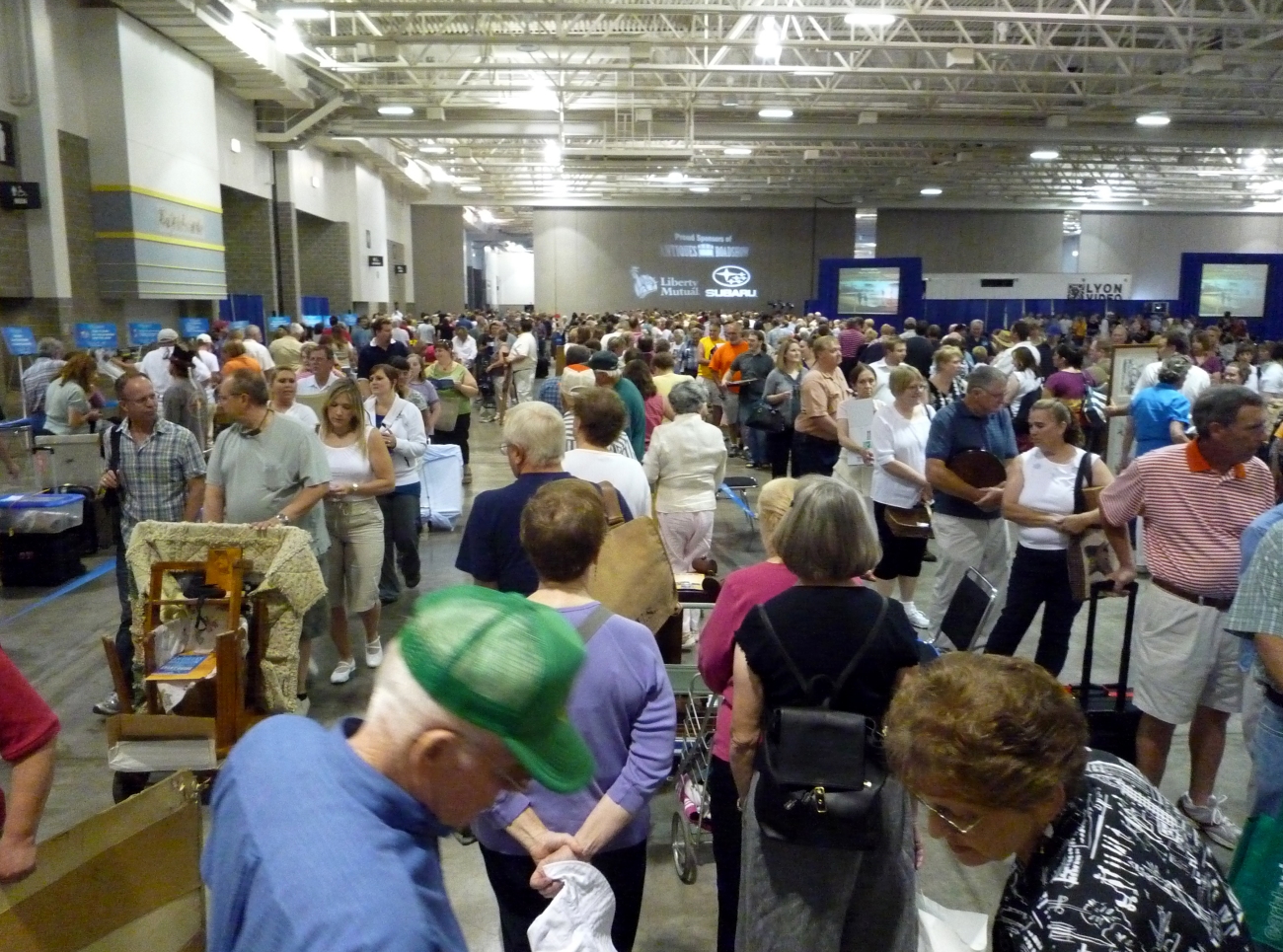
5) Not Everyone Makes It
If you have a ticket to the show you’re given a place in the appraisal line, but this doesn’t guarantee that you’ll be on TV. Objects are featured for filming only if they have they a fun or interesting back story. The provenance is so important that it is chosen over value in some cases. For instance expensive paintings can be turned down for filming if they were simply bought for their value. What the appraisers love are objects that were handed down from family, looked over in attics, or found by accident.
4) In Recent Years They’ve Gone Back to Their Roots
While many of the earlier seasons of the PBS show were filmed inside convention centers and other large, anonymous spaces, in recent years they’ve taken an old school approach to filming and followed in the footsteps of their British predecessor. Many of the BBC episodes were filmed outdoors are various castles, estates, and manor houses across the UK. By filming outdoors and/or at historic locations the formula of the show changed and appraisal segments are now broken up with these scenic locations. These places are laden with history and give an added dimension to the facts given in the appraisals. Experts from the location or area will be interviewed for short segments on what makes the site special, too.
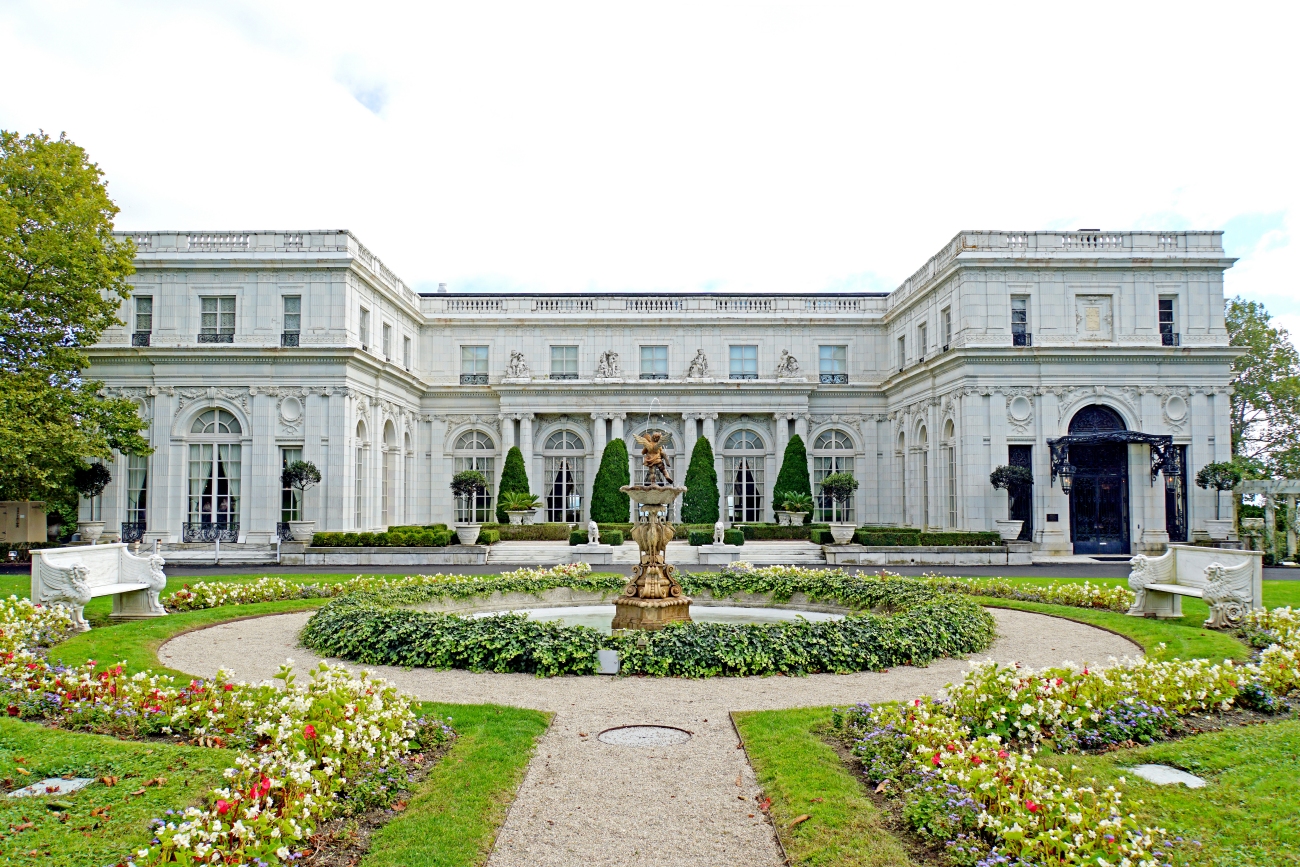
3) Buying and Selling Is a No-Go
You might think that with a whole room full of people with interesting objects and appraisers who work for or run auction houses that this would be a sellers dream. But, buying and selling at Antiques Roadshow is not permitted, though attendees are allowed to contact appraisers after the appraisal to find out more about buying and selling.
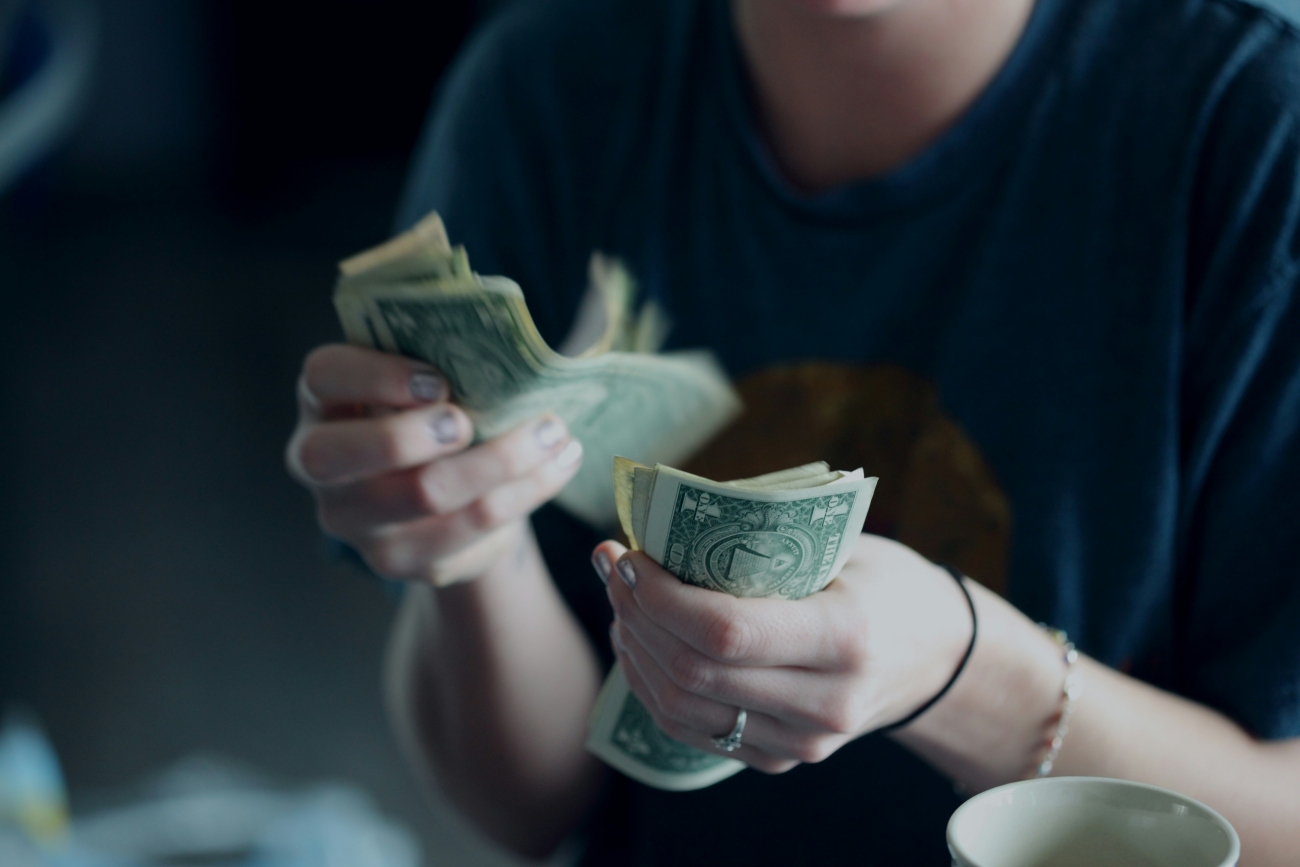
2) Large Items Can Be Tricky
At one time Antiques Roadshow would help you get your large items to the show (within 60 miles of the recording location). But, since moving to historic locations they no longer offer this and ticket holders must be able to bring their items to the venue and carry them to the appraisals. This includes through shuttle doors if parking is far from the venue.
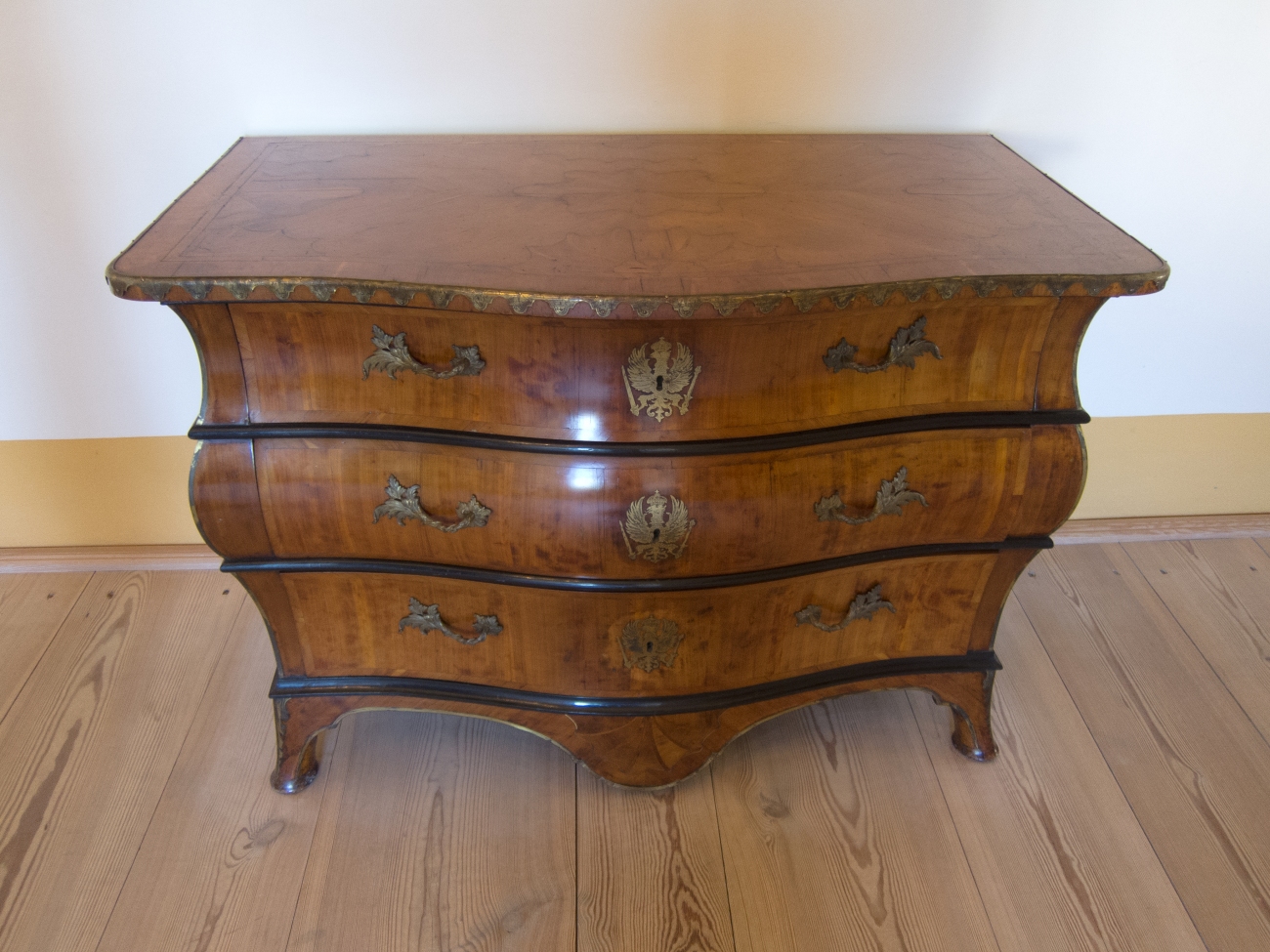
1) The List of Prohibited Items Is Long
The items that cannot be appraised are: vehicles, stamps, stock certificates, paper currency, coins, bicycles, fossils, glass fire extinguishers, ammunition, explosives, hazardous materials, modern firearms, and items made predominately from ivory or rhino horn. The show makes exceptions for the latter two types of items if the ivory or rhino horn are merely decoration on larger items, as in the case with some antique instruments.
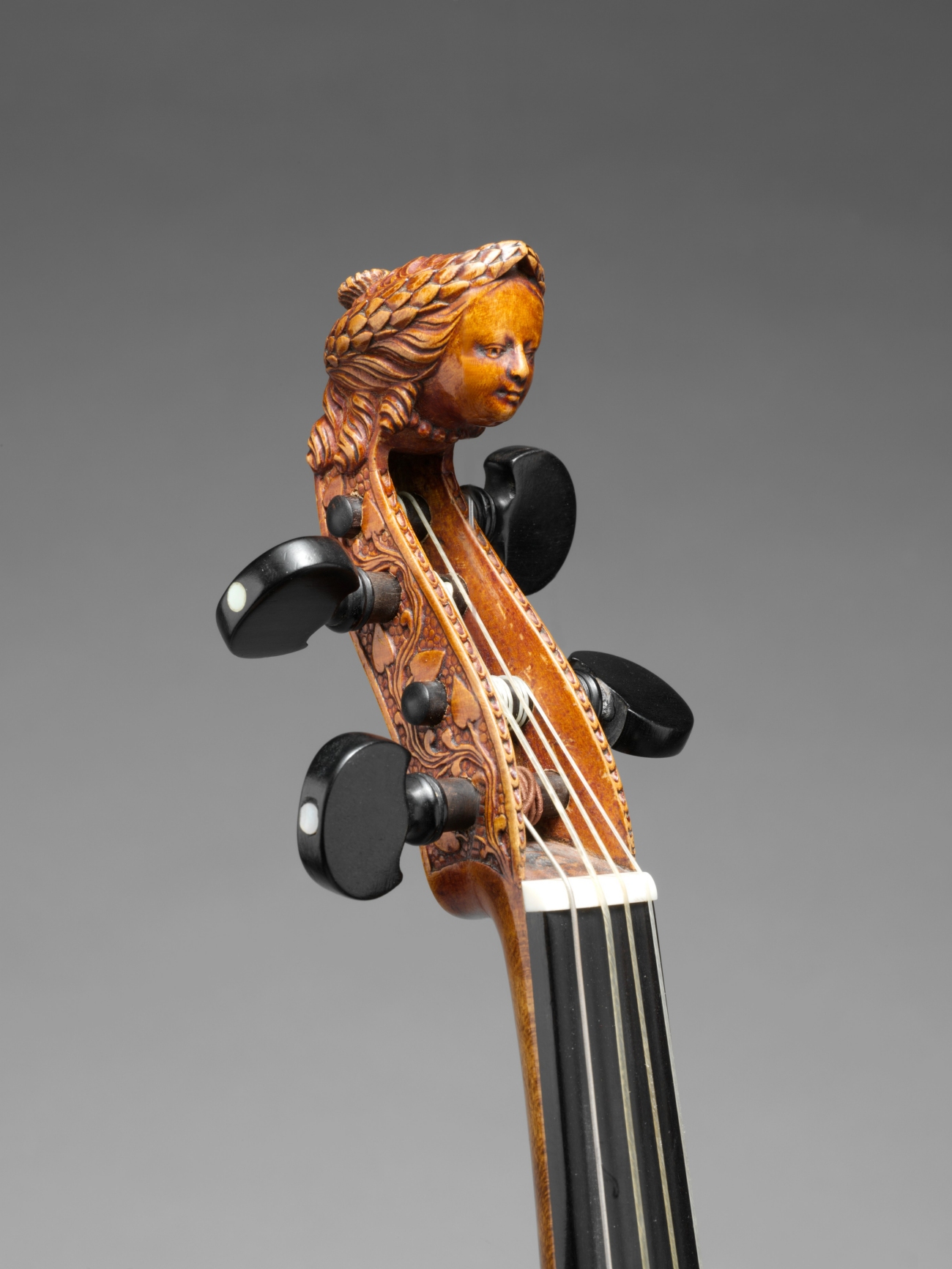
SKM: below-content placeholderWhizzco for DOT

